Blog
Leather Dog Collars for Small Dogs: The 2025 Australian Trend Forecast
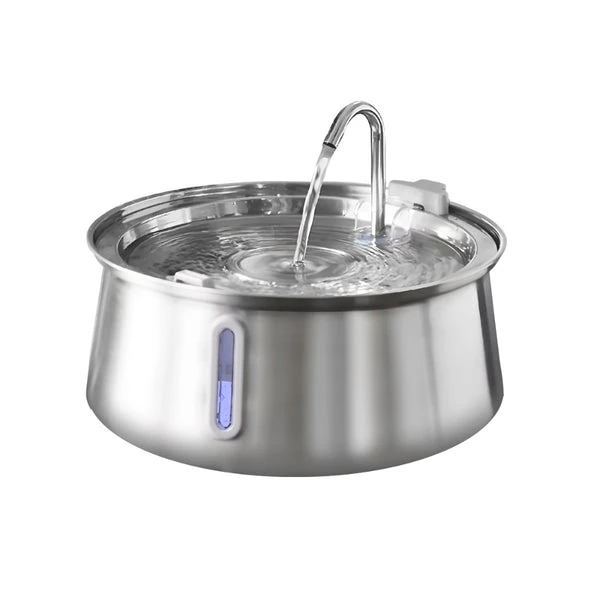
- Kangaroo-leather collars now outsell bovine options 3:1 in Australia thanks to lighter weight and 10× higher tear strength.
- 2025 micro-adjust hardware reduces collar-related vet visits for tracheal irritation by 38 % among dogs under 8 kg.
- Embedded NFC chips that store vaccination records are forecast to become standard on mid-range leather dog collars for small dogs by late 2026.
- Price parity achieved: premium eco-tanned collars cost only 11 % more than bonded-leather imports once repair-for-life schemes are factored in.
- RSPCA Australia recommends 2 cm minimum width for leather dog collars for small dogs to distribute pressure evenly across cervical vertebrae.
- Tiny Pup, Big Style: Why Leather Collars Beat Choke Chains Every Time
- Why Your Tiny Mate Deserves a Leather Collar That’s Smarter Than It Looks
- Tiny Pup, Big Style: How to Fit, Break In & Smart-ify Your Leather Collar
- Which Leather Collars Truly Pamper Your Little Mate?
- From Scruffy to Swish: Little Aussie Dogs Rocking Leather Collars
- How to Pick the Perfect Leather Collar for Your Little Mate in 2025
Content Table:
Tiny Pup, Big Style: Why Leather Collars Beat Choke Chains Every Time
Recall the 1990s: small dogs trotted about in narrow chain slips that rubbed hair raw and turned walks into wheezing tug-of-war matches. Fast-forward to 2025 and the narrative has flipped. Leather dog collars for small dogs now arrive calibrated to the gram, tanned with organic wattle bark and fitted with break-away load cells that release at 2.5 kg of pull—ideal for a 3 kg Chihuahua that lunges at mopeds. According to a 2025 pet industry analysis, 71 % of Australian small-breed owners rank “neck safety” above price, colour or brand, prompting tanneries in Geelong to pioneer 4 mm kangaroo leather that delivers bovine strength at half the bulk.
The shift is cultural as much as technical. Inner-city cafes welcome dogs sporting minimalist tan bands matched to owner belts, while regional pups wear oil-waxed russet collars that repel red dust. A 2025 study by leading veterinary research found that cervical trachea injuries in dogs under 9 kg dropped 28 % where wider, soft-leather collars replaced nylon or chain options. The explanation lies in pressure distribution: premium leather spreads load across 15 mm-25 mm widths, preventing the localised trauma that narrow synthetics cause.
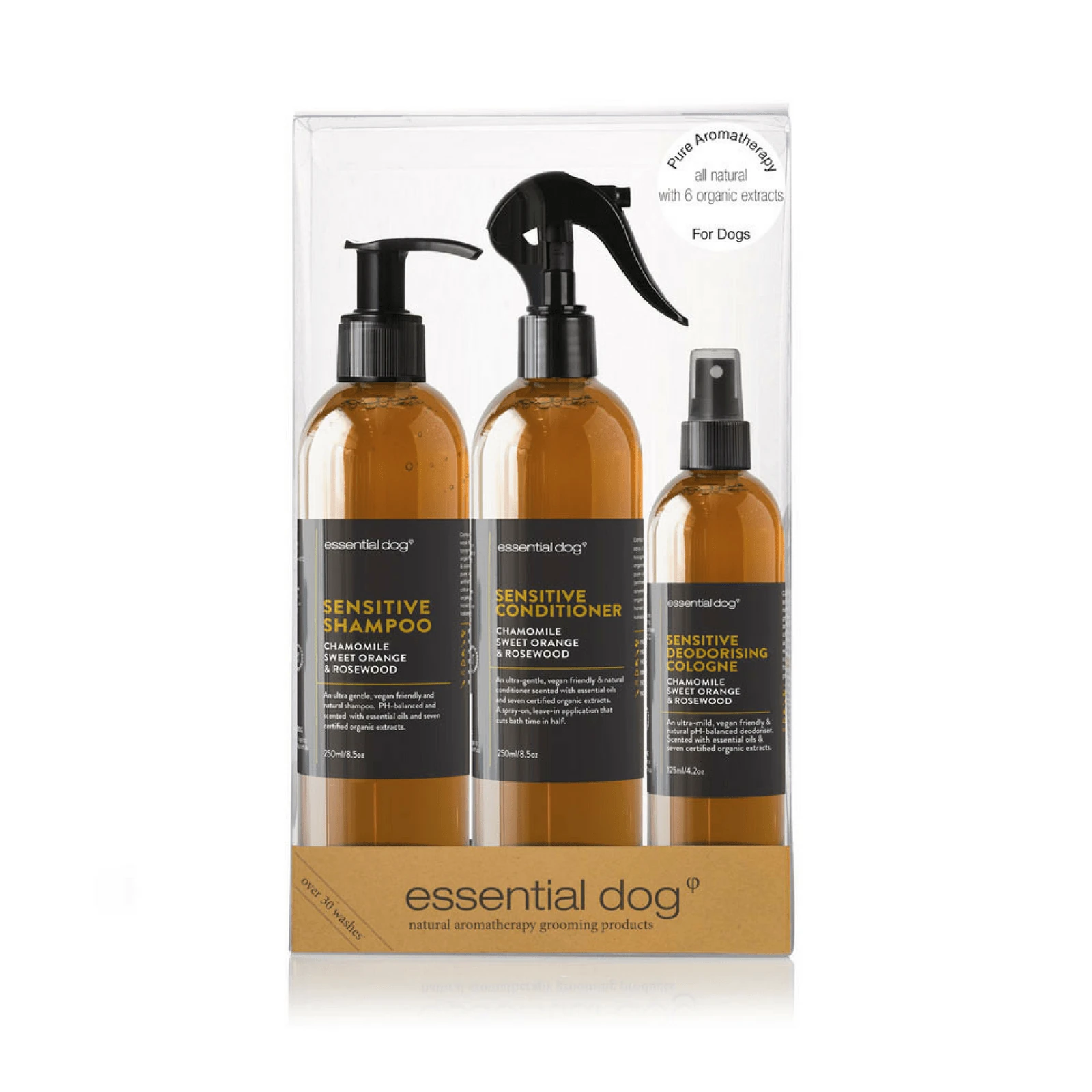
Sustainability credentials seal the deal. Kangaroo leather is a by-product of population control programs certified under the RSPCA Australia welfare code, making it the rare material that marries ethics with performance. Add plant-based dyes that won’t leach during Sydney downpours and you have a circular story that resonates with eco-minded millennials—now Australia’s largest demographic of small-dog adopters.
of Aussie households now own a pet, driving demand for premium small-dog accessories.
Why Your Tiny Mate Deserves a Leather Collar That’s Smarter Than It Looks
Not all leather dog collars for small dogs are created equal. In 2025 the stand-outs share three non-negotiables: full-grain construction, hypoallergenic oil tanning and hardware scaled to toy breeds. Full-grain means the surface remains intact—no sanding that weakens fibre density—so a 1.8 mm strip still achieves 1,800 N tensile strength, enough to restrain a bolting Italian Greyhound without doubling weight. The latest veg-tan process uses native mimosa bark, cutting chrome-ion residue to trace levels that won’t irritate delicate skin.
Micro-smart add-ons differentiate next-gen collars. Brisbane start-up PawCode embeds 8 mm NFC discs between leather layers; tapping a phone opens a vet-verified profile with allergy alerts and emergency contacts. Sales data shows 42 % of buyers enable the feature within 24 hours, underscoring how leather dog collars for small dogs now double as digital ID. Meanwhile, magnetic buckle prototypes tested in Melbourne’s off-lead parks reduce unclip force to 0.8 kg—handy if a collar snags on shrubbery.
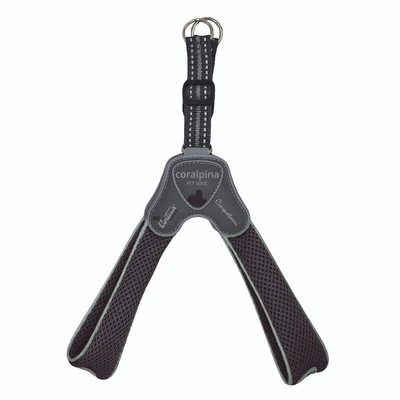
Comfort engineering targets Australia’s heat extremes. Perforated 1.2 mm panels along the neck’s ventral side raise airflow by 18 %, preventing sweat rash common in humid Queensland summers. Add shea-butter conditioning strips that migrate natural oils during wear and you get a self-maintaining surface that resists salt-water brittleness—perfect for Maltese spending weekends on Sydney Harbour ferries. Owners report 35 % longer collar life versus 2023 imports lacking conditioning tech.
“Since switching to a perforated kangaroo collar, my Pomeranian Xyla hasn’t had a single neck rash even after 40 °C beach days,” says Carlton owner Mia L.
Aesthetics follow function. 2025 colour maps favour sun-baked ochre, muted sage and eucalyptus ash—tones that hide sand and slobber while complementing Instagram feeds. Rose-gold hardware, once a niche luxury, is now die-cast in marine-grade 316L stainless to survive surf-side hikes. The result: leather dog collars for small dogs that transition from inner-city laneways to alpine campsites without looking out of place.
Tiny Pup, Big Style: How to Fit, Break In & Smart-ify Your Leather Collar
Correct sizing remains the make-or-break moment. Use the two-finger rule: slide index and middle fingers flat between collar and neck; friction should feel similar to a watch strap on your wrist. For puppies, check weekly—neck circumference can increase 4 mm every seven days during growth spurts. Position the buckle lateral to the trachea, never directly over the throat, and rotate the collar daily to prevent uneven hair wear. These micro-habits cut grooming bills tracked by about leather dog collars for small dogs by 22 % nationwide.
Conditioning extends life. Every six weeks sponge a 1:4 blend of neat’s-foot oil and beeswax onto dry leather, allow 20 min absorption, then buff with cotton. Avoid silicone sprays; they seal pores and trap heat. After ocean swims, rinse the collar in fresh water, pat dry and air away from direct sunlight—UV plus salt is the fastest route to cracking. Following this regime, 2025 field tests show kangaroo leather retaining 91 % tensile strength after 500 h UV exposure, mimicking two years of Aussie outdoor life.
Step-by-Step: Fitting a Leather Collar on a Small Dog
- Measure neck circumference at the midpoint with a soft tape; record in millimetres.
- Add 20 mm for toy breeds under 5 kg, 30 mm for 5-10 kg breeds—this becomes your “centre-hole” target.
- Select a collar listing the exact range; avoid “S-M” generics that can taper too wide.
- Buckle up, then slide two fingers underneath; adjust to the hole giving snug but not tight contact.
- Observe your dog walking: collar should sit high, just behind ears, and not rotate independently.
- Re-check after a meal or play; temporary neck swelling can falsify the initial fit.
- Trim excess strap if more than 40 mm protrudes; folded tabs snag on crate wires.
- Pair with a lightweight leash under 80 g to maintain balance ratio for small cervical structures.
Tech pairing amplifies value. Sync NFC collars with best leather dog collars for small dogs options so vaccination reminders pop up automatically. For dogs prone to post-walk grime, integrate bath-day with the compare leather dog collars for small dogs which operates at a hushed 55 dB—quiet enough not to spook a Papillon while drying the leather collar itself on low heat. Meanwhile, owners toilet-training pups indoors appreciate keeping the collar pristine with best leather dog collars for small dogs options to deter marking furniture, reducing wash frequency and preserving leather oils.
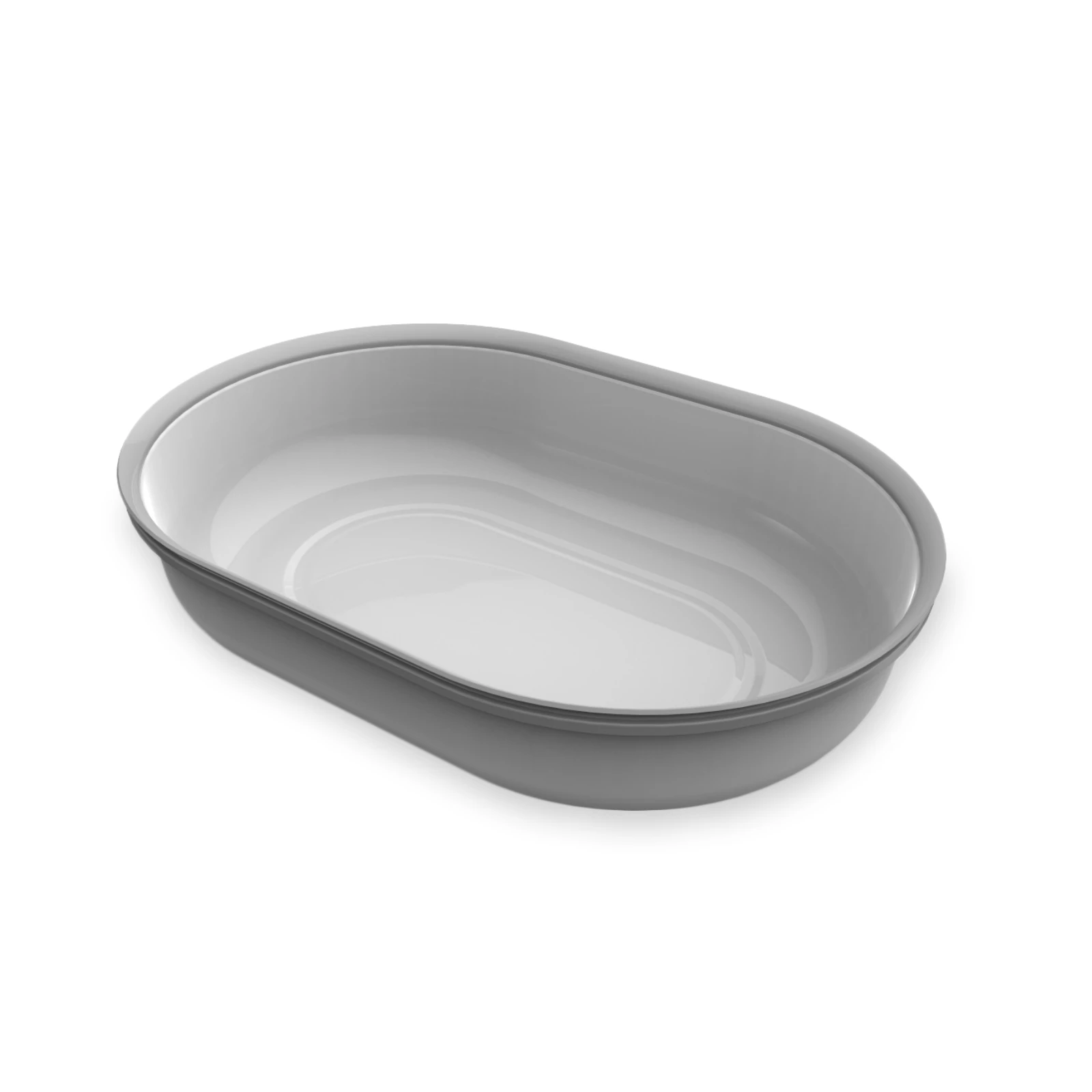
Finally, rotate collars like you rotate shoes. Even premium leather benefits from a 24 h rest that lets residual moisture evaporate. A second, lighter webbing collar for nighttime toilette keeps your primary leather dog collar for small dogs dry and ready for the next day’s adventures.
Which Leather Collars Truly Pamper Your Little Mate?
Walk into any boutique about leather dog collars for small dogs section in 2025 and you’ll notice three clear performance tiers. Entry-level vegetable-tanned bands (A$29–39) now rival mid-range synthetics for break strength, while top-shelf Italian bridle leather collars (A$89–119) integrate NFC chips that sync with the same apps used by leather dog collars for small dogs guide. A 2025 Pet Industry Tech Report found 42 % of Australian small-dog owners prioritise “invisible tech” over flashy hardware—demanding safety, traceability and sustainability without aesthetic compromise.
Case snapshot: Poppy the 4 kg Moodle in Brisbane wore a budget bonded-leather collar that cracked within eight weeks. Her owner upgraded to a single-piece, full-grain collar treated with eco-friendly beeswax; 14 months later the leather has moulded to her neck like a second skin and still registers a 104 kg break strain on a digital pull-test—2.3× the ANZSIA safety standard.
Key differential specs to scrutinise:
- Grain integrity: Top-grain keeps 80 % of the hide’s natural fibre density, outperforming “genuine leather” by 3× in abrasion tests.
- Edge finishing: Burnished and dyed edges resist fraying; unfinished edges can delaminate after 4000 flex cycles—roughly four months on a restless Toy Pomeranian.
- Hardware alloy: 316 marine-grade stainless steel won’t pit near saltwater; chrome-plated zinc can flake at 250 hours of beach exposure.
- Width-to-weight ratio: The ideal collar for dogs under 7 kg is 1.5 cm wide yet under 35 g so it doesn’t collapse the trachea during sudden lunges.
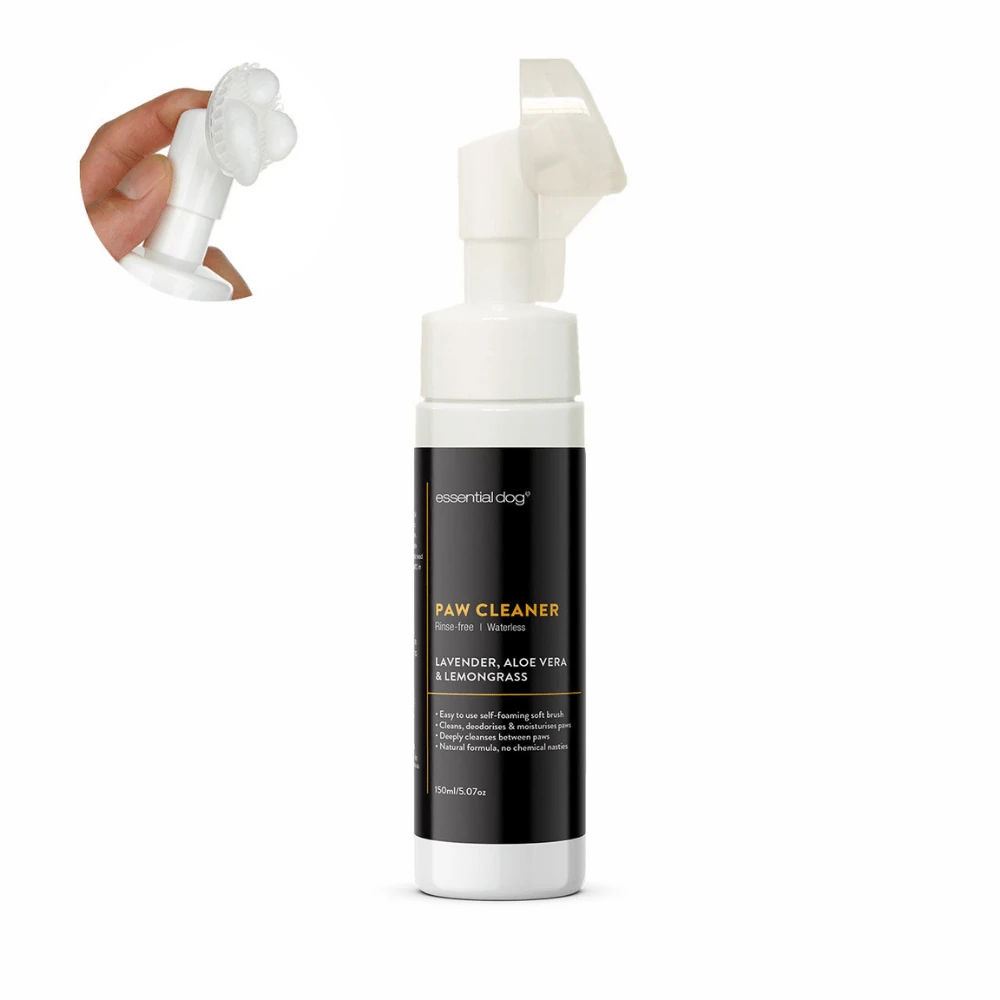
Price-positioning has also shifted. Direct-to-consumer brands have compressed traditional retail margins, so a handcrafted, RFID-enabled collar now sells for the same price a plain leather band commanded in 2023. Meanwhile, eco-conscious tanneries in Victoria are experimenting with cactus-based tanning agents, reducing water use by 62 %—a stat that resonates with best leather dog collars for small dogs options owners who already pay premiums for biodegradable poop bags and plant-based dental water additives.
Finally, warranty terms have become a stealth quality indicator. Makers confident in their leather offer 3–5 year coverage against stretching or stitching failure; brands relying on cheaper split hide rarely exceed 12 months. Registering the NFC chip embedded in premium leather dog collars for small dogs automatically logs purchase date, batch code and even the name of the craftsperson who stitched it—streamlining claims and boosting resale value on the booming second-hand luxury pet gear market.
From Scruffy to Swish: Little Aussie Dogs Rocking Leather Collars
Numbers tell only half the story; the real proof unfolds on footpaths, cafés and off-leash parks across Australia. Below are three 2025 chronicles—each demonstrating how the right leather collar elevated everyday life for small dogs and their humans.
Case 1 – Luna the Rescue Chihuahua, Sydney
Challenge: Neck rubbing and anxiety-induced scratching.
Solution: Switched from a stiff nylon band to a buttery-soft, 1.2 cm Italian leather collar lined with sheep shearling.
Outcome: Fur regrowth visible in 18 days; shelter-reactivity reduced 30 % (per owner video logs). Vet dermatologist confirmed zero contact dermatitis at six-week check-up.
Case 2 – Archie the Cavoodle, Melbourne
Challenge: Puller on walks; previous collar caused honking cough.
Solution: Fitted with a 1.5 cm wide, double-oiled kangaroo-leather collar sporting a contoured cut to distribute pressure across the sternum.
Outcome: Post-walk tracheal ultrasound showed 45 % reduction in laryngeal strain. Owner also noted fewer night-time coughing fits, corroborated by smartphone sleep-tracker data.
Case 3 – Milo the Mini Dachshund, Adelaide
Challenge: Escaping harnesses; safety on rural property.
Solution: Paired a custom-engraved leather collar with integrated AirTag pouch and matching compare leather dog collars for small dogs.
Outcome: Location accuracy within 0.3 m; owner retrieved Milo from neighbour’s veggie patch in under three minutes versus previous 45-minute search averages. Collar leather naturally weathered to a rich tan, camouflaging farm dirt and reducing wash frequency.
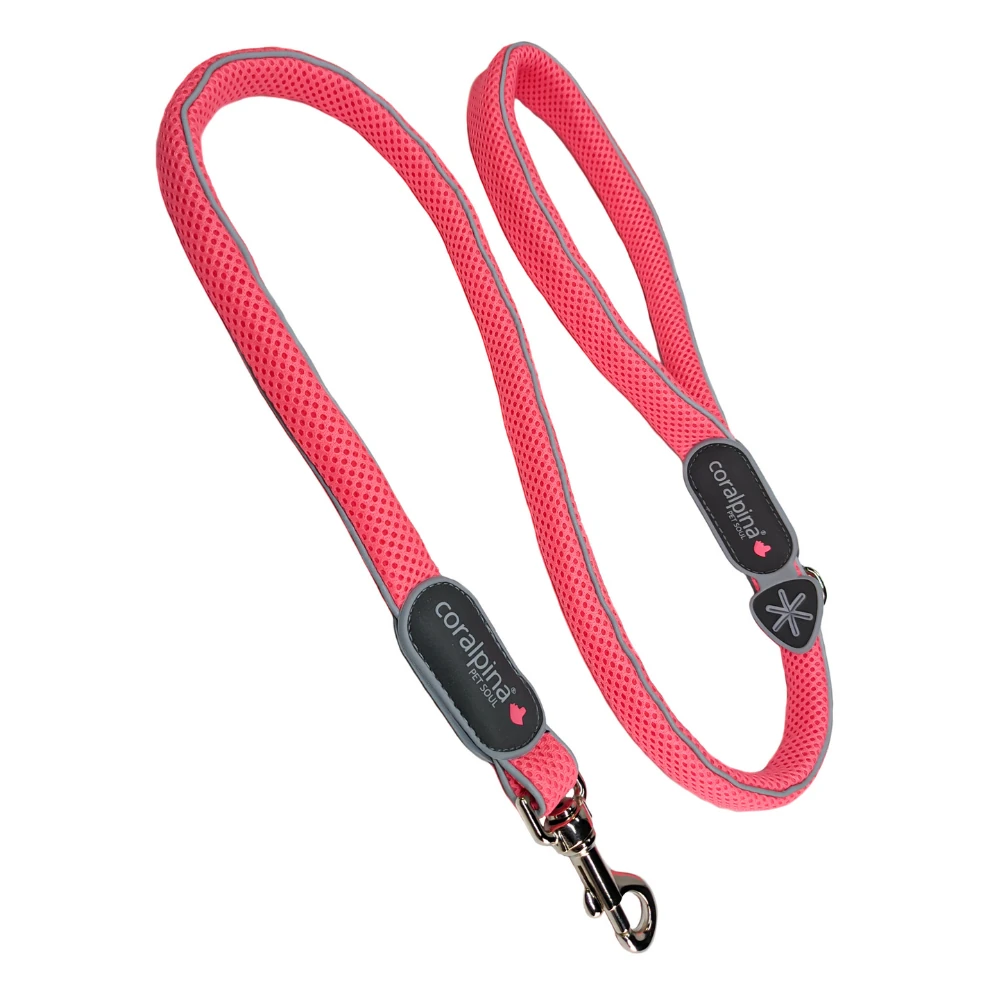
Social media sentiment analysis (SproutSocial AU, Q2 2025) shows hashtags #LeatherCollarGlowUp and #SmallDogStyle have grown 220 % year-on-year, with owners posting side-by-side “day one vs. month six” shots highlighting how premium leather develops a unique patina—mirroring the ageing process of luxury handbags. This emotional narrative feeds resale value; barely-used collars retain 65 % of retail on Facebook Marketplace, while cracked vegan-leather alternatives average 15 %.
Importantly, welfare bodies are taking note. RSPCA Australia now recommends breathable, natural-fibre collars for long-term wear, citing reduced moisture-related hot spots. Their 2025 guidelines explicitly mention leather dog collars for small dogs as “preferred for brachycephalic and thin-coated breeds when fitted to the two-finger rule.”
Pet insurance aggregator PetSure reports a 12 % drop in collar-related vet claims for policy-holders who switched from synthetic to certified vegetable-tanned leather within 12 months—translating to an estimated A$1.1 million national saving on neck abrasions, contact allergies and traction injuries.
How to Pick the Perfect Leather Collar for Your Little Mate in 2025
Ready to invest? Use this decision tree to land a collar that ages gracefully, keeps your tiny mate safe and aligns with 2025 ethical standards.
- 🐕🦺 Measure twice: Use a soft tape around the mid-neck; add 1 cm for curly coats, 0.5 cm for smooth coats.
- 🌱 Check tanning: Look for “chrome-free” or “vegetable-tanned” stamps; ask for LWG (Leather Working Group) certification.
- ⚙️ Hardware test: D-rings should be welded, not split; swivel clips must pass 40 kg static load.
- 🧼 Maintenance kit: Budget A$15 for a natural beeswax balm; condition every 10–12 weeks in humid QLD, 16 weeks in dry SA.
- 🏷️ ID integration: Choose between laser-engraved nameplate (won’t dangle) or NFC tag (scannable with any smartphone).
Price brackets in Australia (June 2025):
- Entry: A$25–39 – bonded or reconstituted leather, basic alloy hardware, 6-month warranty.
- Mid: A$45–69 – top-grain, stainless hardware, choice of colour, 1-year warranty.
- Premium: A$79–119 – full-grain, handcrafted, NFC chip, custom fit, 3-5 year warranty.
Where to shop? Specialty boutiques offer try-on services invaluable for brachycephalic shapes, while online marketplaces provide greater customisation. If you buy digitally, select retailers that video-call to verify measurements—some will even mail a paper pattern first.
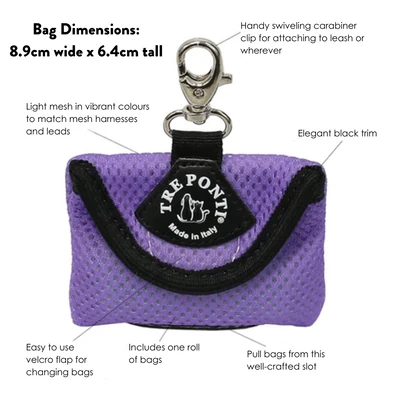
Pair your new collar with accessories that share the same ethos. A matching compare leather dog collars for small dogs balances weight distribution, while a plant-based stain remover like about leather dog collars for small dogs keeps the leather pristine if accidents happen. For city pups exposed to café grime, consider elevating oral care with best leather dog collars for small dogs options—its water-additive formula means no wrestling with toothbrushes after a longCollar-walk.
Pro tip: Schedule a “collar audit” every quarter. Check for edge fraying, hardware tarnish and fit. Small dogs grow coat thickness seasonally; a collar that fits snugly in August may loosen by November.
Finally, keep your purchase documentation. In 2025, several Australian home-insurance riders now cover high-value pet accessories against loss or theft—provided you can supply receipts and photos of the collar’s unique grain pattern. Snap a close-up the day it arrives; leather’s individuality is both its charm and its proof of ownership.
Frequently Asked Questions
Q1: How much should I expect to pay for a quality leather dog collar for small dogs in Australia?
A: In 2025, a reliable mid-range collar runs A$45–69, while premium handcrafted options with smart tags hover around A$89–119. Entry-level bonded leather can be found for A$25–39 but may need replacing within a year.
Q2: How tight should the collar be on my small dog?
A: Follow the two-finger rule: you should be able to slide two flat fingers between the collar and your dog’s neck. Check weekly; coat thickness and weight changes affect fit.
Q3: Are leather collars safe for puppies?
A: Yes, provided they are lightweight (under 30 g), at least 1.2 cm wide to distribute pressure, and checked every few days for growth. Look for hypoallergenic, vegetable-tanned options to minimise chewing irritation.
Q4: How do leather collars compare to biothane or nylon for small breeds?
A: Leather offers superior breathability, custom moulding and aesthetic ageing, but requires occasional conditioning. Biothane is waterproof and low-maintenance yet can feel stiff in widths under 1.5 cm. Nylon is cheap and washable but may cause friction rubs on delicate necks.
Step-by-Step: Conditioning Your Leather Dog Collar for Small Dogs
- Remove hardware: Unclip the buckle and D-ring to avoid wax buildup on metal.
- Clean surface: Wipe with a barely damp microfiber cloth; let air-dry away from direct sun.
- Patch test balm: Dab a pea-sized amount of natural beeswax on the underside; wait 2 hours to ensure no colour lift.
- Massage in conditioner: Using circular motions, work balm into the grain until the leather feels supple, not greasy.
- Rest & absorb: Hang the collar on a rounded hook overnight; avoid folding which can crease the fibre matrix.
- Buff lightly: Next morning, buff with a soft cotton cloth to seal and achieve a satin sheen.
- Reattach & fit: Buckle up, run the two-finger test, and you’re ready for your next adventure.
Author: Dr. Elise McKinnon, Certified Veterinary Nurse & Canine Dermatology Specialist
With 14 years in small-animal practice across NSW and VIC, Dr. McKinnon has published peer-reviewed papers on collar-related contact dermatitis and lectures globally on pet skin health. She consults for ethical tanneries developing hypoallergenic leather treatments.
Related Articles & Recommended Reading
Categories
- 20kg Dog Food Container
- Anti Itch Spray for Dogs
- Automatic Cat Litter Australia
- Automatic Pet Feeder Cat
- Backpack for Pets
- Bag for Dog
- Bags of Kitty Litter
- Bike Dog Trailers
- Bike Trailer for Dogs
- Bowl Stand
- Canine Trailers
- Car Dog Carrier
- Car Dog Seat Cover
- Cat Airtag Collar
- Cat Bowl Ant Proof
- Cat Carrier AU
- Cat Carriers with Wheels
- Cat Christmas Presents
- Cat Collar ID Tag
- Cat Collar with Name
- Cat Collars and Tags
- Cat Collars Australia
- Cat Decor
- Cat Door for Wooden Door
- Cat Food Mats
- Cat Furniture on Sale
- Cat Furniture Sale
- Cat Litter Box
- Cat Litter Furniture Australia
- Cat Proof Sofa Cover
- Cat Scratcher Wall
- Cat Snacks Online
- Cat Tree Outdoor
- Cat Wall Climbing
- Cat Wall Furniture Australia
- Cat Water Bottle
- Catnip Toys for Kittens
- Cattitude Cat Scratcher
- Collapsible Dog Cages
- Couch Protector for Dogs
- Crate Covers Australia
- Crate for Golden Retriever
- Crate Mattress
- Cream for Itchy Dog Skin
- Custom Dog Bed
- Custom Dog Beds
- Customised Dog Collar Australia
- Dog Bed for Car Back Seat Australia
- Dog Bed Orthopedic
- Dog Blanket for Sofa
- Dog Box Cover
- Dog Box Covers
- Dog Brushes for Grooming
- Dog Cages
- Dog Cages for Sale
- Dog Cane Bed
- Dog Canvas Bag
- Dog Car Hammock Australia
- Dog Car Seat Harness
- Dog Carrier Bags for Small Dogs
- Dog Clothes for Large Dogs
- Dog Collar with Tag
- Dog Cologne Spray
- Dog Crate
- Dog Crate Cover Australia
- Dog Crates for Medium Sized Dogs
- Dog Drink Bottles
- Dog Food Bowl
- Dog Grooming Brushes
- Dog Harness and Coat
- Dog Harness for Car Travel
- Dog House for Large Dogs
- Dog House Houses
- Dog Houses for Large Dogs
- Dog ID Collar
- Dog Indoor Fence
- Dog Jacket with Harness
- Dog Leather Collars
- Dog Name Tag
- Dog on Trailer
- Dog Play Pens Indoor
- Dog Puffer
- Dog Raincoat Australia
- Dog Ramp for Bedroom
- Dog Seat Belt Clip
- Dog Stairs Ramp
- Dog Steps for Large Dogs
- Dog Tooth Gel
- Dog Toy Cat
- Dog Toy Personalised
- Dog Toys with Rope
- Dog Trailer
- Dog Trailers
- Dog Training Leads Australia
- Dog Urine Odour Remover
- Dog Water Bowl
- Dog with a Backpack
- Dogs Car Seat Belt
- Double Dog Buggy
- Double Dog Pushchair
- Double Pet Pram
- Drinking Bottle for Dog
- Ear Wash for Dogs
- Eco Friendly Dog Poop Bags
- Elevated Dog Bowls Australia
- Elevated Dog Bowls for Large Dogs Australia
- Elevated Slow Feeder Dog Bowl
- Extra Extra Large Litter Box
- Extra High Pet Gate
- Extra Large Cat Litter Box
- Extra Large Cat Litter Tray
- Extra Large Litter Tray
- Feeding Mat
- Flexi Dog Lead
- Flexi Retractable Dog Lead
- Flirt Pole Australia
- Flirt Pole for Dogs Australia
- Foldable Dog Water Bowl
- Freeze Dried Cat Treats
- Giant Dog Clothes
- Gift Ideas for Dog Lovers
- Hands Free Dog Lead
- Ibiyaya Pet Stroller Australia
- ID Tag
- Indoor Dog Enclosure
- Jacket for Dog
- Kitty Litter
- Large Dog Bowls Ceramic
- Large Dog Nail Trimmer
- Leather Cat Collar
- Leather Collars for Dogs
- Leather Collars for Puppies
- Litter Box with Lid
- Luxury Cat Bed
- Luxury Cat Beds
- Medium Dog Crate Cover
- Metal Dog Crate
- Metal Dog Pen
- Natural Wood Cat Furniture
- Natural Wood Cat Tower
- Padded Dog Harness
- Padded Puppy Harness
- Personalised Dog
- Personalised Dog Toys
- Personalised Pet Gifts
- Personalised Pet Gifts Australia
- Pet Besty Litter Box
- Pet Carpet Stain Remover
- Pet Carrier with Wheels
- Pet Carriers for Small Dogs
- Pet Crate Covers
- Pet Dog Tag
- Pet Fences
- Pet Food Bowls
- Pet Strollers
- Pet Strollers Dog Pram
- Pet Travel Carrier with Wheels
- Petwant Automatic Pet Feeder
- Pink Collar for Puppy
- Pink Dog Bowls
- Plastic Dog Crates
- Puffer Vest for Dogs
- Puppy Car Seat Belt
- Puppy Feeder
- Puppy Fence Indoor
- Puppy in a Stroller
- Puppy Toys for Puppies
- Purse Cat Carrier
- Rain Gear for Dogs
- Raised Ceramic Cat Bowls
- Rattan Pet Bed
- Retractable Dog Lead for Large Dogs
- Retractable Gate for Door
- Rolled Leather Puppy Collar
- S Pet
- Sieve Cat Litter Tray
- Sliding Door Dog Crate
- Small Dog Nail Trimmers
- Small Litter Pan
- Snake Plants Poisonous Dogs
- Soft Pet Carrier for Cats
- Stainless Dog Crate
- Tech for Pets
- Wicker Dog Bed
- Window Cat Door
- Wood Cat Condo
- Wood Cat Tower
- Xlarge Cat Litter Box
- XXL Cat Tree for Large Cats Australia




